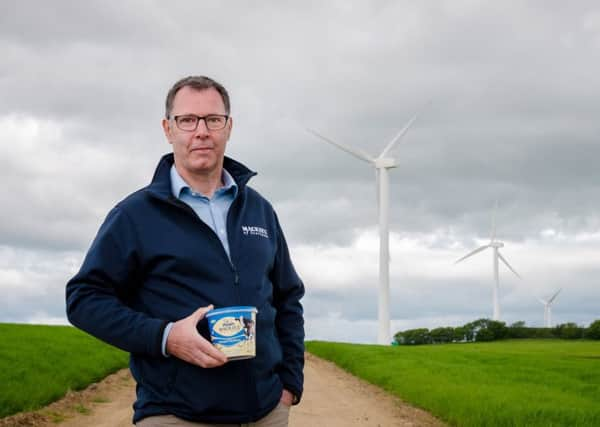Mackie's sales top £12m on growing chocolate demand
This article contains affiliate links. We may earn a small commission on items purchased through this article, but that does not affect our editorial judgement.


The Aberdeenshire company, which has diversified from its core ice cream range in recent years, secured supply agreements for its chocolate range from Co-op, Tesco and Sainsbury’s.
During the financial year ending 31 May 2016, Mackie’s enjoyed a 74 per cent increase in chocolate sales, which are on target to reach £4m by 2020. The increase helped overall group turnover rise to £12.2m with operating profits up marginally to £1.24m.
Advertisement
Hide AdAdvertisement
Hide AdExports around the globe accounted for 7 per cent of the company sales, including customers in Australia, Canada, Dubai and South Korea.
Finance director Gerry Stephens said the growth in turnover had also enabled the company to increase production staff, with the total workforce now standing at 71.
The chocolate range is made at a custom-built factory on the Mackie family farm in Rothienorman as part of a £1m investment in new equipment. Mackie’s is planning to introduce new sized chocolate bars and flavours in the coming months.
Investment in a fourth wind turbine and a solar farm has also seen the business make further progress towards its goal to become 100 per cent self-sufficient in renewable energy, compared to the current level of 70 per cent.
